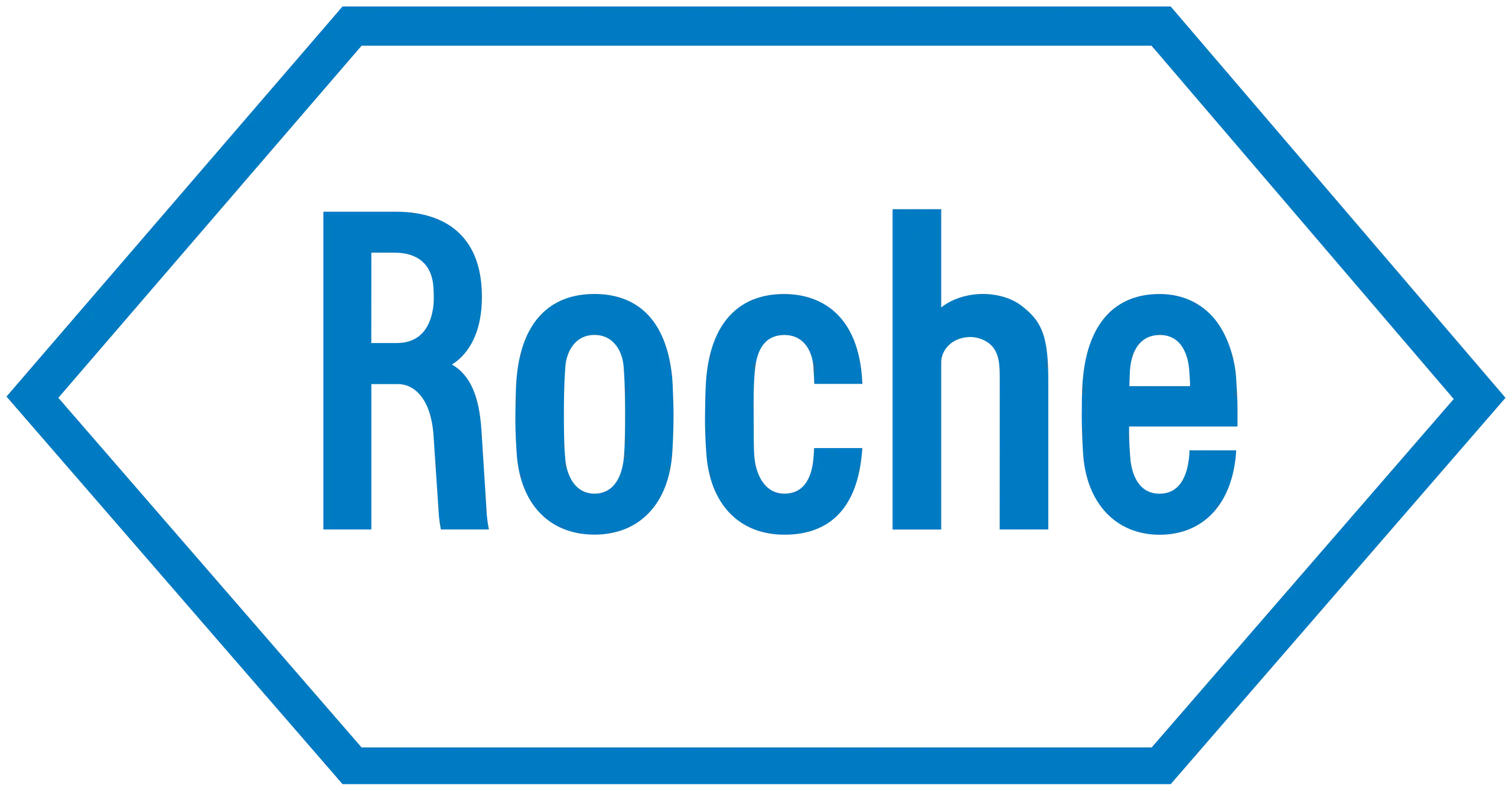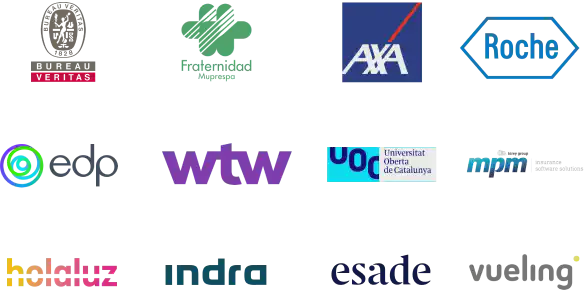
About Roche
Multinational in the pharmaceutical and biotechnology sector with 125 years of history. Combining family tradition and innovation, Roche bets on personalized medicine and a comprehensive approach to disease. Its activity takes place in one of the most regulated sectors in the world, where regulations require guaranteeing the traceability and evidence of numerous communications.
The Challenge
The pharmaceutical sector requires strict regulatory compliance in areas such as pharmacovigilance, clinical trials, contracting or supply shortages. Roche needed to ensure that all communications related to product quality issues and regulatory matters were sent with full record and archived as proof of compliance.
Key objectives:
- Ensure the delivery and traceability of documentation sent to hospitals and clients.
- Have irrefutable evidence of each communication.
- Manage a high volume of users and recipients in a simple way.
- Have a traceable communication flow.
- Comply with regulatory requirements in more than 20 countries.
The Solution
Roche Diagnostics implements eEvidence’s registered email sending and API in its internal processes, integrating it into its own interface for sending management.
Main features of the solution:
- Registration of sending, content and delivery of critical communications.
- Use of eEvidence API for tracking and querying notification status.
- Efficient management of multiple users and high volume of recipients.
- Scaled implementation to more than 20 countries in Europe and America.
- Progressive extension to new areas such as legal and commercial services.
Results
The adoption of eEvidence has allowed Roche to strengthen its pharmacovigilance processes and guarantee the legal security of its critical communications.
Benefits obtained:
- Compliance with the most demanding international regulations (FDA, European regulations).
- Electronic evidence that ensures the traceability and validity of each sending.
- Ensuring the delivery of safety notices (SBN) and quality notifications (QN) to hospitals and clients.
- Reduction of legal and reputational risks associated with non-compliance.
- Scalability and standardization of the system in multiple subsidiaries globally.

